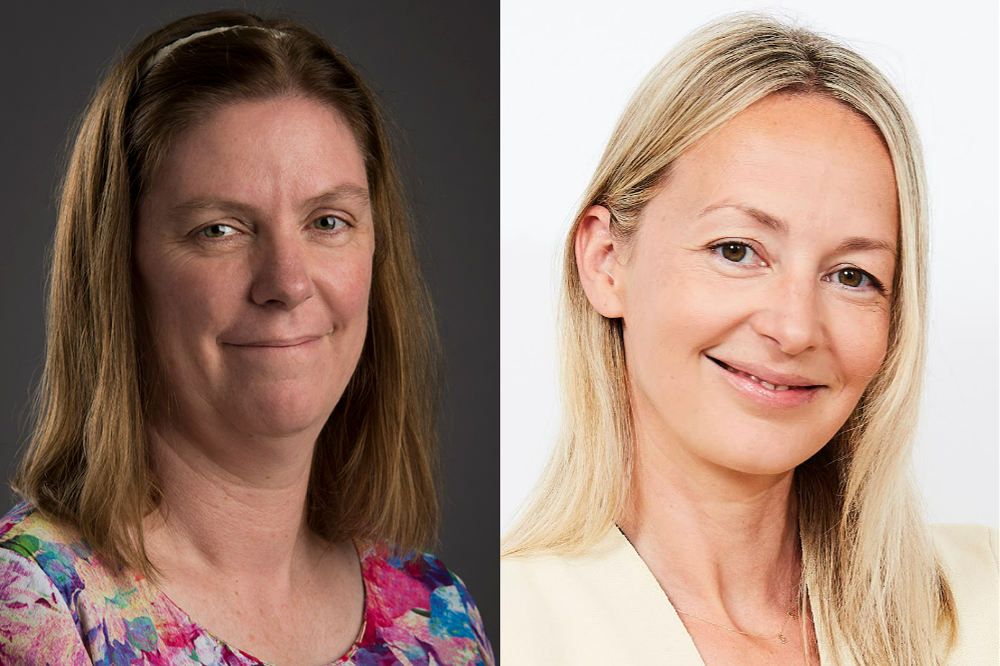The Australian Bureau of Statistics has revealed that inflation rose 1.4% in the March quarter, or 7% on an annual basis, marking the lowest quarterly inflation increase since December 2021.
ABS head of prices statistics Michelle Marquardt (pictured above left) said while Consumer Price Index (CPI) prices continued to rise for most goods and services, many were smaller increases than in recent quarters.
The most significant increases were a 4.2% rise in medical and hospital services, a 9.7% increase in tertiary education, a 14.3% rise in gas and other household fuels and a 4.7% rise in domestic holiday travel and accommodation.
The March quarter findings caused annual CPI inflation to decrease to 7%, down from 7.8% in December and 7.3% in September.
“Annual inflation for goods of 7.6% was down from the 9.5% recorded in December, due to price falls for goods such as furniture, household appliances and clothing in the March quarter, as well as automotive fuel prices easing in recent quarters,” Marquardt said.
“However, annual inflation for services was 6.1%, up from 5.5% in the December quarter and is the highest since 2001.”
CreditorWatch chief economist Anneke Thompson (pictured above right) said that despite a lower rate in March, the annual inflation rate was still a cause for concern for the Reserve Bank of Australia.
“This is likely to result in a further increase to the cash rate after the May 2023 RBA board meeting,” Thompson said. “While price increases of goods continues to moderate, and indeed have come down in some categories on a weighted average capital city measure, services inflation continues to rise.”
“Higher energy costs, a lack of staff driving up wages and continued demand for travel, education and rental properties are largely behind the increase in services inflation.”
Commenting on the March quarter price rises, the ABS said prices for medical and hospital services typically rose in the March quarter as GPs and other health service providers reviewed their consultation fees, and the Medicare Safety Net was reset at the start of the calendar year.
“This year some private health insurance premiums also increased in January, adding to the price rise for medical and hospital services,” Marquardt said.
Tertiary education fees were also indexed at the start of the year, and the ABS said this quarter additional strength was seen in tertiary education as changes in student contribution bands and fees introduced in 2021 as part of the Jobs-ready Graduates Package continued to flow through to the index.
“Price reviews reflecting higher wholesale gas prices led to rises in gas and other household fuels, with rises seen across all eight capital cities and the strongest rise recorded in Melbourne,” Marquardt said.
“This quarter’s rise was notable as prices increased in all eight capital cities, whereas typically only Melbourne’s prices are reviewed in the March quarter.”
The ABS commentary said higher prices reflected major events over the past year including the ongoing war in Ukraine and unplanned outages at coal fired power stations.
Meanwhile strong demand for holiday travel over the school holiday period and the return of major events to some capital cities resulted in price rises for domestic accommodation.
The ABS said these increases were partially offset by small price falls for domestic airfares following significant price rises in recent quarters.


